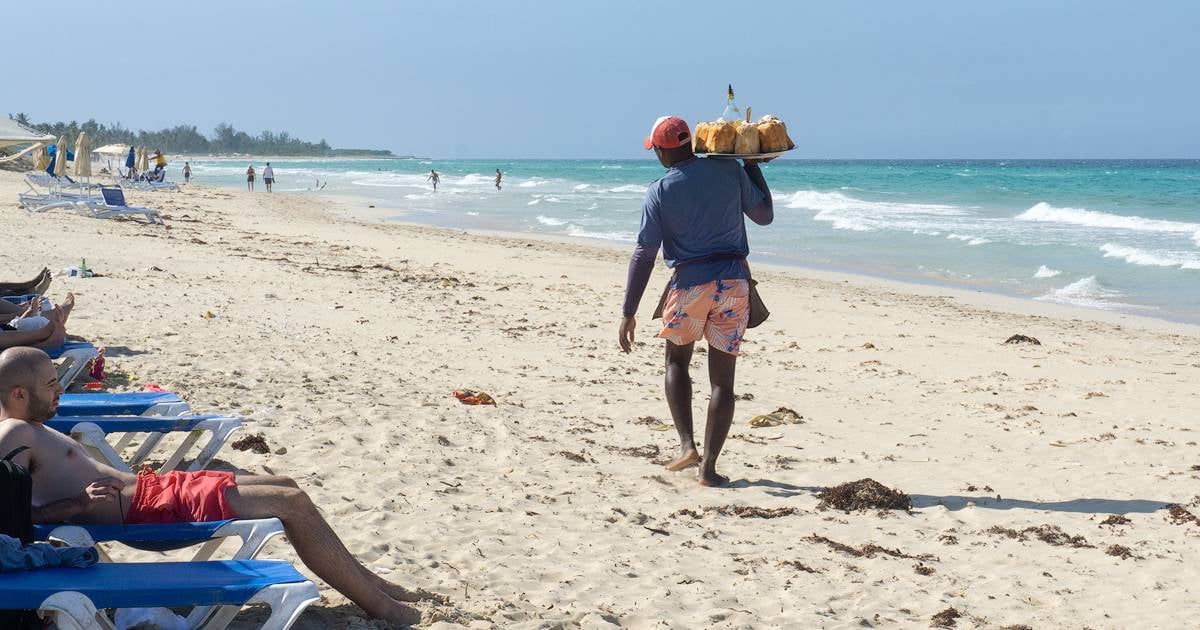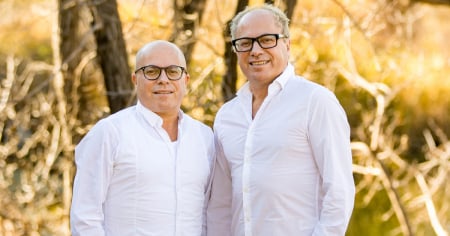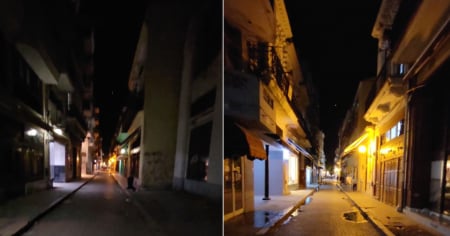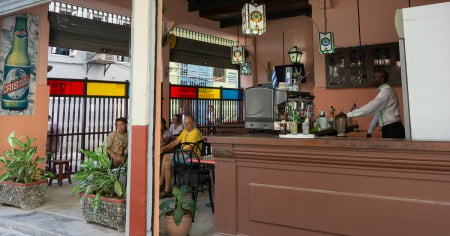
Related videos:
What began as a dream trip to a paradise island turned into a bitter experience for Daría Shevchenko, a Russian tourist from the city of Barnaúl, who visited Cuba in February with her family.
In statements to the Russian media NGS22.RU, Shevchenko shared his testimony about the conditions he encountered during his nearly two-week stay in Varadero, one of the most promoted tourist areas of the Caribbean country.
Between paradise and reality
The family expected to enjoy white sandy beaches, tropical cocktails, and a laid-back atmosphere. However, according to the tourist, the reality was very different: shortcomings in hotel service, food shortages, power outages, and crumbling buildings characterized her experience.
"I always travel with an open mind, without expectations. But on the first night, after the long flight, I sat down at the buffet table and couldn't help but cry out of disappointment," Shevchenko recounted.
The first encounter with the local cuisine was, according to reports, "rather poor": there were only a few vegetables and fish. Several people from the tourist group even went to bed without dinner. In the following days, the situation improved slightly: breakfast offered eggs, sausages, pancakes, and, to the relief of many, unlimited ice cream with various toppings.
Scarcity, ration cards, and social contrasts
Shevchenko also described with astonishment the situation in the streets and stores of the island: dilapidated buildings, marginalized neighborhoods, and empty shelves in the shops.
"The stores were practically empty. Whatever little there was was distributed through ration cards. We didn't find any ice cream or chocolate. Just a few cans of preserves or packages of sausages, if we were lucky," he explained to the cited media.
Moreover, it was noted that basic products such as medicines, sanitary towels, tampons, and pantyhose are difficult to find and highly valued by the local population.
In the face of widespread scarcity, Shevchenko noticed that workers in the tourism sector live under somewhat better conditions, thanks to the tips and gifts they receive from visitors. "We used to leave chocolates and sandals for the hotel staff, and they appreciated it a lot," she said.
The positives: the sea, the dolphins, and the warmth of the people
Despite the challenges, the family highlighted several positive aspects of the trip: the kindness of the Cubans, the daily music and dancing, and above all, the experience of swimming with dolphins, which was an unforgettable moment for both adults and children.
They also enjoyed the tranquil and almost empty beaches of Varadero, with warm and crystal-clear waters. “It was like warm milk,” described the tourist. The pleasant weather, with neither cold nor excessive heat, was another plus.
However, the clouds of mosquitoes at dusk became a daily nuisance. Despite the use of repellents and mosquito coils provided by the hotel, Shevchenko stated that many nights were unbearable.
An expensive trip for a bittersweet experience
The trip to Cuba had a total cost of 415,000 rubles (approximately 4,500 dollars), including all-inclusive accommodation, excursions, and flights with layovers.
Although the family appreciated some moments of the trip, Shevchenko concluded that Cuba is not an ideal destination for discerning travelers, due to the limitations and current conditions of the country.
"Cuba is an island of contrasts: cheerful and friendly people, but living amidst ruin and scarcity," she summarized in her statements to the mentioned Russian news site.
Frequently Asked Questions about Tourism and Life in Cuba
How does the scarcity of products in Cuba affect tourists?
The scarcity of products in Cuba impacts tourists by limiting the availability of food and other basic items even in resorts and hotels. Visitors should consider bringing essential items in their luggage, as they may not find them on the island.
Why is there such a marked difference between the lives of tourists and Cubans in Cuba?
The difference in the lives of tourists and Cubans in Cuba is due to differentiated supply and consumption policies. While tourists have access to luxury products and abundant food in tourist areas, Cubans face a chronic shortage of basic goods and must deal with long lines and high prices to obtain food and other essential items.
What are the main criticisms of the Cuban regime in the current context?
Criticism of the Cuban regime focuses on the ineffective management of the economy, the lack of freedoms, and the control over the international perception. The population faces shortages of food, medicine, and essential goods, along with repression that hinders free expression and the manifestation of public discontent.
What impact does the healthcare system crisis have on Cuban tourism?
The crisis of the healthcare system in Cuba negatively impacts tourism by damaging the country's image as a safe destination. The lack of medications and adequate medical care has led to complaints from affected tourists, jeopardizing the sustainability of this vital sector for the Cuban economy.
Filed under:





